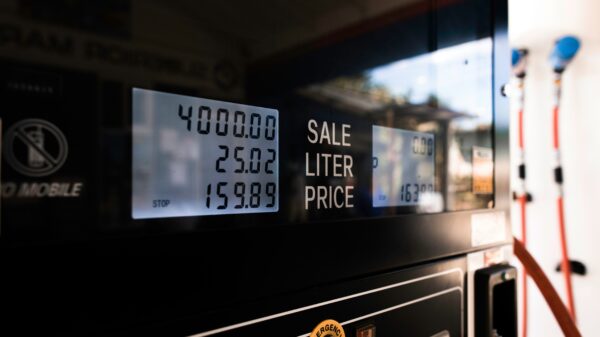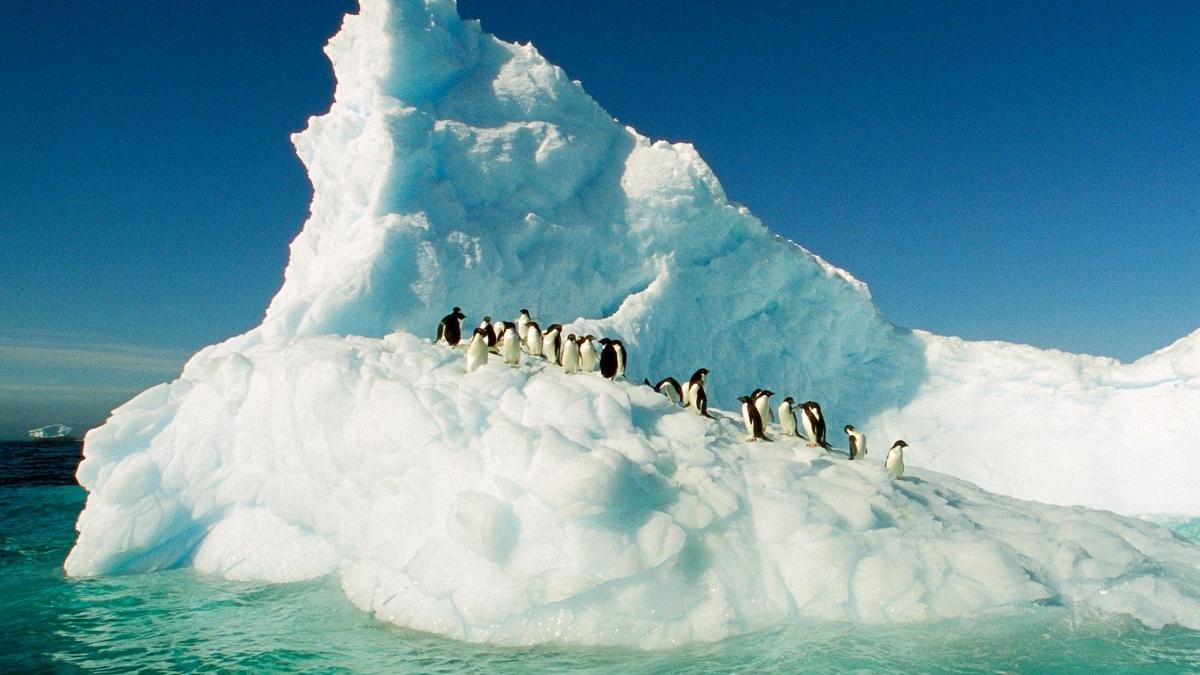Melting Polar Ice Slowing Earth’s Rotation
Recent studies have revealed a concerning phenomenon – the melting of polar ice caps is contributing to a slight slowdown in the earth’s rotation. This environmental change highlights the broader impacts of global warming on our planet.
The Link Between Melting Ice and Earth’s Rotation
As global temperatures continue to rise, the polar ice caps are experiencing accelerated melting. This is primarily due to the increased heat absorption by the oceans and the rising greenhouse gas emissions. The melting ice adds a significant amount of freshwater to the oceans, which affects their distribution and alters the planet’s mass distribution.
According to scientific research, the redistribution of mass caused by the melting of polar ice caps affects the earth’s rotation. As the ice melts, the water flows into the oceans, causing a shift in the planet’s mass distribution. This shift results in a slight slowdown in the earth’s rotation.
The Implications of a Slowing Rotation
While the slowdown in the earth’s rotation may seem insignificant, it has several implications for our planet. One of the immediate consequences is the change in the length of a day. As the earth’s rotation slows down, the length of a day increases slightly. This means that each day becomes slightly longer than the previous one.
Additionally, a slower rotation affects the distribution of the earth’s mass, which in turn influences the planet’s gravitational forces. This can lead to changes in ocean currents, weather patterns, and even the stability of the earth’s crust. These changes can have far-reaching effects on our climate and ecosystems.
Furthermore, the melting of polar ice caps and the subsequent slowing of the earth’s rotation are interconnected with other environmental issues. The loss of ice contributes to rising sea levels, which pose a significant threat to coastal communities and ecosystems. It also disrupts the delicate balance of marine ecosystems and threatens the survival of various species.
Addressing the Issue
The link between melting polar ice caps and the slowing of the earth’s rotation underscores the urgent need to address climate change. It is crucial to reduce greenhouse gas emissions and mitigate the factors contributing to global warming.
Efforts to combat climate change should include transitioning to renewable energy sources, promoting energy efficiency, and adopting sustainable practices in various sectors. These actions can help slow down the rate of polar ice melting and mitigate the broader impacts on our planet.
Furthermore, international cooperation and collective action are essential in addressing the challenges posed by climate change. By working together, nations can develop and implement strategies to reduce emissions, protect vulnerable ecosystems, and adapt to the changes already occurring.
Conclusion
The melting of polar ice caps is not only causing rising sea levels but also contributing to a slight slowdown in the earth’s rotation. This phenomenon highlights the interconnectedness of environmental changes and the urgent need to address climate change. By taking proactive measures to reduce greenhouse gas emissions and promote sustainability, we can mitigate the impacts of melting polar ice and safeguard the future of our planet.




































